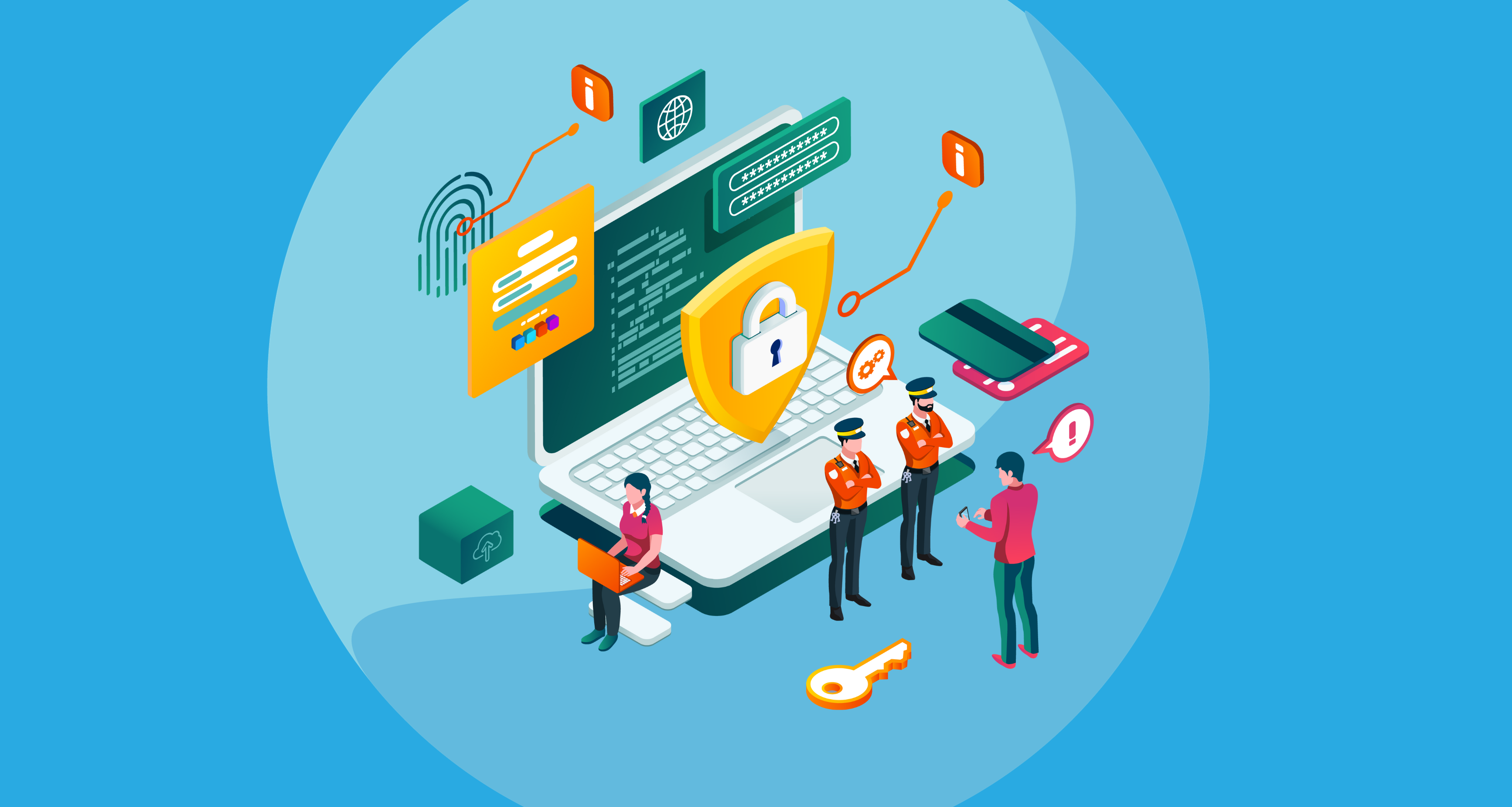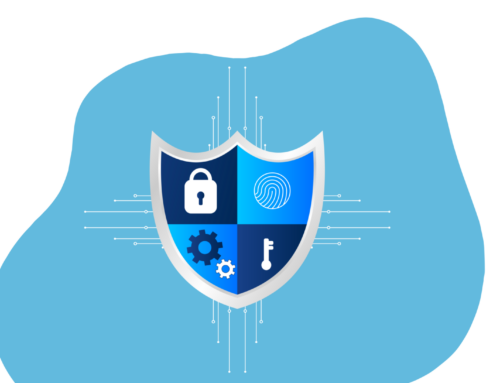
Healthcare organizations face numerous challenges in protecting sensitive patient information. With the increasing use of electronic health records (EHRs) and the reliance on technology for data storage and transmission, healthcare data security, privacy, and compliance have become critical. We will review the importance of healthcare data compliance and its role in safeguarding patient information.
Understanding Healthcare Data Security, Privacy, and Compliance
Data compliance in healthcare refers to the process of adhering to legal requirements and industry standards in handling patient data. It encompasses various aspects such as:
- Data Security
- Privacy Regulations
- Consent Management
- Risk Assessment
- Incident Response
By following these practices diligently, healthcare organizations can mitigate risks associated with unauthorized access to sensitive information.
The Importance of Healthcare Data Compliance: The Ultimate Guide
Several aspects of healthcare data compliance make it vital to ensure patient information privacy, security, and ethical use.
1. Protecting Patient Privacy
One of the primary concerns in healthcare is maintaining confidentiality. Compliance with healthcare data regulations ensures that personal health information remains secure from unauthorized access or disclosure. This helps build trust between patients and healthcare providers while upholding ethical standards.
2. Preventing Data Breaches
Data breaches have become increasingly common across industries. In the healthcare sector, a breach can have severe consequences as it involves highly sensitive information such as:
- Medical History
- Diagnoses
- Treatments
Complying with data security measures reduces the risk of cyberattacks and safeguards patient records from falling into the wrong hands.
3. Meeting Regulatory Requirements
Healthcare organizations must adhere to strict regulations imposed by government agencies like HIPAA (Health Insurance Portability and Accountability Act). Failure to comply with these regulations can result in substantial fines and damage to an organization’s reputation.
4. Enhancing Data Quality
Compliance measures often include guidelines on proper documentation and recordkeeping practices. By adhering to these protocols, healthcare providers can improve the accuracy and completeness of patient data, leading to better decision-making, improved care coordination, and reduced medical records.
Implementing Effective Healthcare Data Compliance: Taking the Necessary Steps
To completely secure the privacy of patient’s protected health information (PHI), healthcare organizations must take the necessary steps to implement effective data compliance measures.
1. Conduct Regular Risk Assessments
Regularly assessing potential risks within an organization’s infrastructure and processes is crucial for maintaining healthcare data compliance. Identifying vulnerabilities helps prioritize security measures and allocate resources effectively.
2. Develop Comprehensive Policies & Procedures
Clear policies and procedures should be established to guide employees in handling sensitive information. This includes protocols for:
- Data Access
- Storage
- Transmission
- Disposal
Staff training programs are also essential in ensuring awareness and adherence to these policies.
3. Monitor Access Controls
Controlling access to patient data is crucial in preventing unauthorized disclosures or breaches. Implementing robust authentication mechanisms, such as multi-factor authentication, ensures that only authorized personnel can access sensitive data.
4. Encrypt Data
Encrypting patient data both at rest (stored) and in transit (during transmission) adds an extra layer of security against unauthorized access. Encryption makes it significantly more difficult for hackers to decipher the information even if they gain unauthorized access.
Compliancy Group as Your Healthcare Data Compliance Software Solution
Compliancy Group plays a crucial role in ensuring healthcare data compliance within the industry. As healthcare providers must adhere to strict privacy and security regulations, such as HIPAA (Health Insurance Portability and Accountability Act), Compliancy Group offers comprehensive tools and services to assist organizations in achieving and maintaining compliance.
We provide a robust platform that guides healthcare professionals through the complex process of implementing necessary safeguards, policies, and procedures to protect sensitive patient information. Through our software solution, training programs, audit support, and ongoing monitoring, Compliancy Group helps healthcare entities stay ahead of evolving regulatory requirements and mitigate potential risks associated with non-compliance.
By partnering with Compliancy Group, healthcare organizations can effectively navigate the intricate landscape of healthcare data compliance while safeguarding patient confidentiality and trust.










